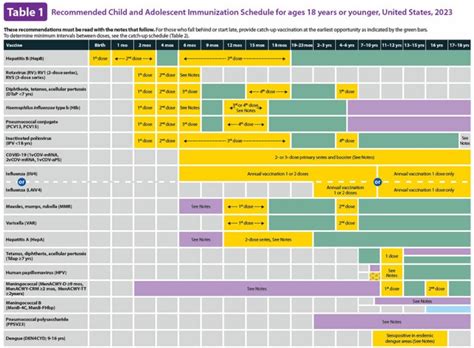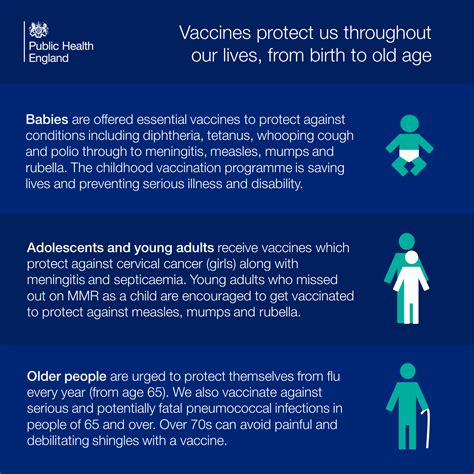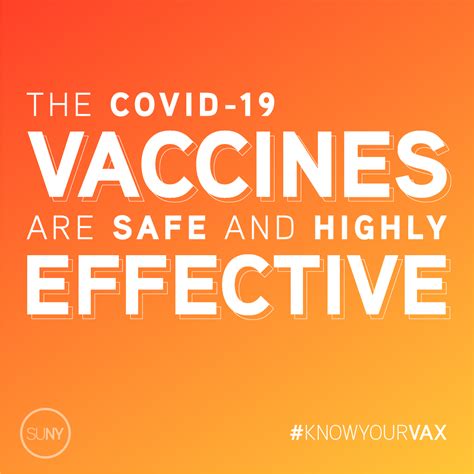Intro
Discover essential newborn vaccination tips, including immunization schedules, vaccine safety, and infant care, to ensure a healthy start for your baby, covering key topics like vaccination side effects and baby development milestones.
Newborn vaccination is a crucial aspect of a child's health and development. Vaccinations help protect newborns from serious diseases and infections, and they also play a significant role in preventing the spread of diseases within communities. As a new parent, it's natural to have questions and concerns about vaccinations, and that's why it's essential to stay informed and up-to-date on the latest recommendations and guidelines. In this article, we'll explore the importance of newborn vaccination, discuss the recommended vaccination schedule, and provide valuable tips for new parents.
Vaccinations have been widely recognized as one of the most effective ways to prevent infectious diseases and protect public health. According to the World Health Organization (WHO), vaccinations have saved millions of lives and prevented countless cases of illness and disability. Newborn vaccination is particularly important, as it helps protect vulnerable infants from serious diseases such as hepatitis B, tetanus, and pertussis. By vaccinating their newborns, parents can help ensure their child's health and well-being, as well as contribute to the overall health and safety of their community.
The decision to vaccinate a newborn is a critical one, and it's essential for new parents to make informed decisions about their child's health. While some parents may have concerns about the safety and effectiveness of vaccinations, the overwhelming scientific evidence supports the use of vaccines as a safe and effective way to prevent infectious diseases. In fact, the Centers for Disease Control and Prevention (CDC) estimates that vaccinations have prevented over 732,000 deaths among children born in the last 20 years. By staying informed and up-to-date on the latest vaccination recommendations and guidelines, new parents can help ensure their child receives the best possible protection against serious diseases.
Newborn Vaccination Schedule

Understanding the Vaccination Schedule
The vaccination schedule is designed to provide protection against serious diseases at the earliest possible age. The schedule typically includes a combination of vaccinations, each targeting a specific disease or group of diseases. For example, the hepatitis B vaccination is typically administered at birth, while the rotavirus vaccination is administered at 2 months. By understanding the vaccination schedule and the diseases it targets, new parents can make informed decisions about their child's health and stay up-to-date on the latest recommendations and guidelines.Benefits of Newborn Vaccination

Long-Term Benefits of Vaccination
The benefits of vaccination extend far beyond the initial protection against serious diseases. By vaccinating their newborn, parents can help ensure their child's long-term health and well-being, reducing the risk of illness and disability throughout their life. Vaccinations have also been shown to have a positive impact on public health, reducing the spread of diseases and helping to prevent outbreaks. By staying up-to-date on the latest vaccination recommendations and guidelines, new parents can help ensure their child receives the best possible protection against serious diseases, both now and in the future.5 Newborn Vaccination Tips

- Stay informed: Stay up-to-date on the latest vaccination recommendations and guidelines, and consult with your child's healthcare provider if you have any questions or concerns.
- Follow the schedule: Follow the recommended vaccination schedule to ensure your child receives the best possible protection against serious diseases.
- Ask questions: Don't be afraid to ask questions or express concerns about vaccinations – your child's healthcare provider is there to help and support you.
- Keep records: Keep accurate records of your child's vaccinations, including the date, time, and type of vaccination administered.
- Stay calm: Vaccinations can be a stressful experience for new parents, but it's essential to stay calm and focused on your child's health and well-being.
Additional Tips for New Parents
In addition to these 5 valuable tips, there are several other things new parents can do to support their child's health and well-being. For example, maintaining a healthy lifestyle, including a balanced diet and regular exercise, can help support your child's immune system and reduce the risk of illness. Additionally, staying up-to-date on the latest health and wellness recommendations can help you make informed decisions about your child's health and ensure they receive the best possible care.Common Concerns and Misconceptions

Addressing Concerns and Misconceptions
By addressing concerns and misconceptions about vaccinations, new parents can make informed decisions about their child's health and ensure they receive the best possible protection against serious diseases. For example, while vaccinations can cause temporary side effects such as redness or swelling at the injection site, these side effects are typically mild and short-lived. Additionally, the risk of serious side effects from vaccinations is extremely low, and the benefits of vaccination far outweigh the risks. By staying informed and consulting with their child's healthcare provider, new parents can ensure their child receives the best possible care and protection against serious diseases.Vaccination Safety and Effectiveness

Monitoring Vaccination Safety and Effectiveness
The safety and effectiveness of vaccinations are continuously monitored by regulatory agencies and healthcare organizations. For example, the CDC and the WHO closely monitor vaccination safety and effectiveness, and provide regular updates and recommendations to healthcare providers and the public. By staying informed and consulting with their child's healthcare provider, new parents can ensure their child receives the best possible care and protection against serious diseases.Conclusion and Next Steps

What is the recommended newborn vaccination schedule?
+The recommended newborn vaccination schedule typically includes a series of vaccinations administered at birth, 2 months, 4 months, 6 months, and 12-18 months.
Are vaccinations safe and effective?
+Yes, vaccinations have been extensively tested and proven to be safe and effective in preventing serious diseases.
What are the benefits of newborn vaccination?
+Newborn vaccination offers numerous benefits, including protection against serious diseases, reduced risk of illness and disability, and long-term health and well-being.
